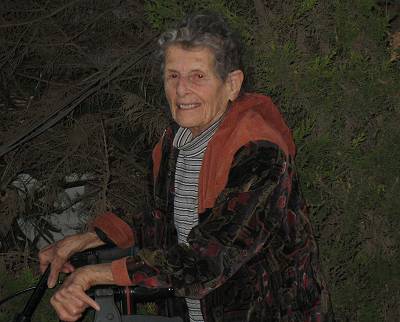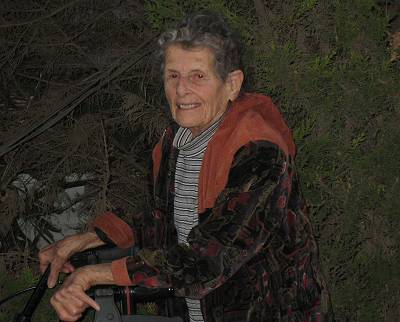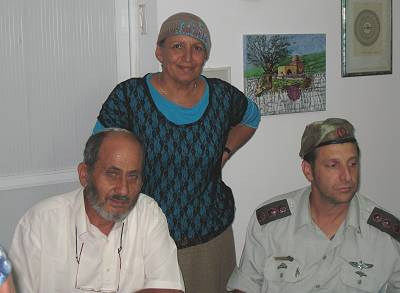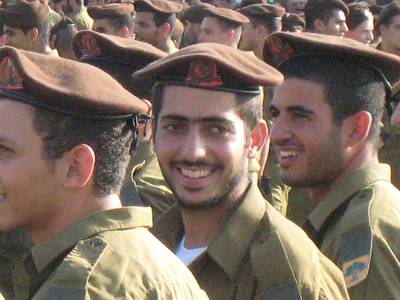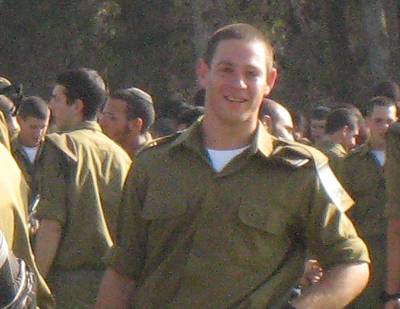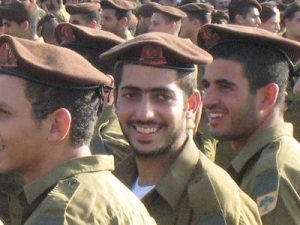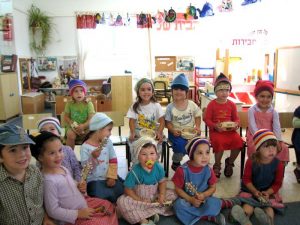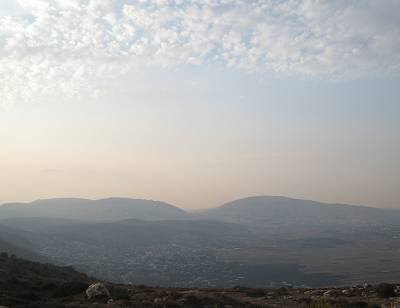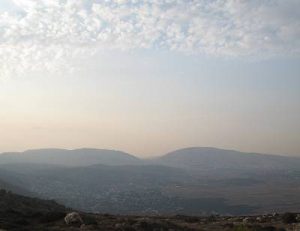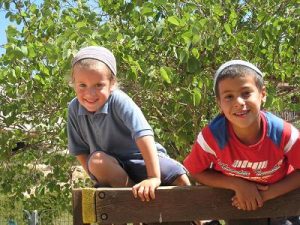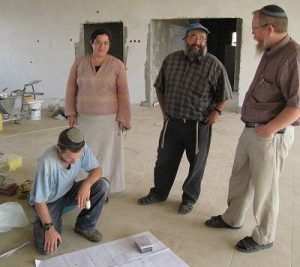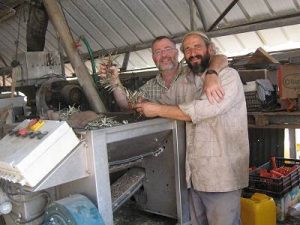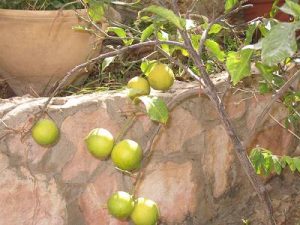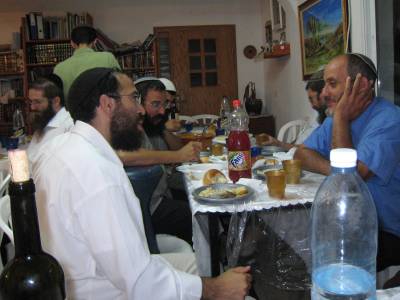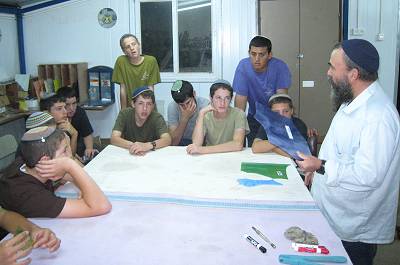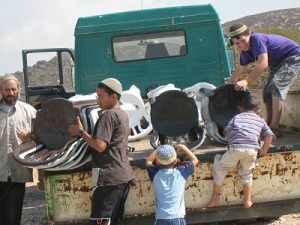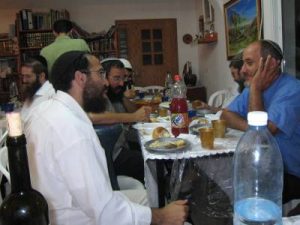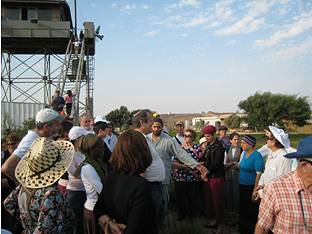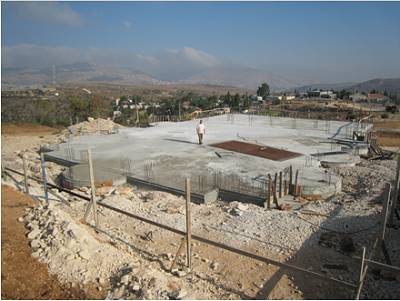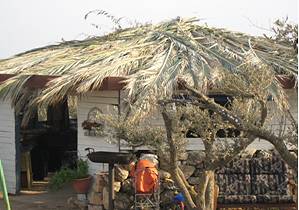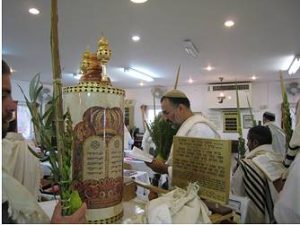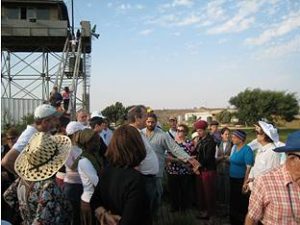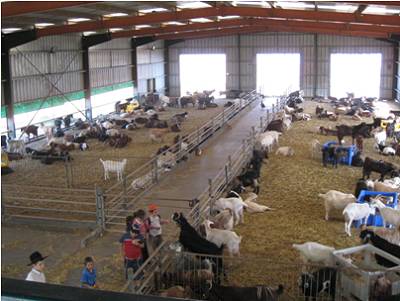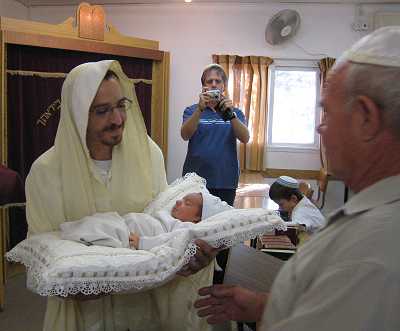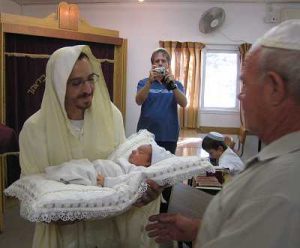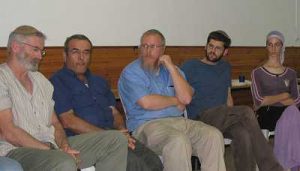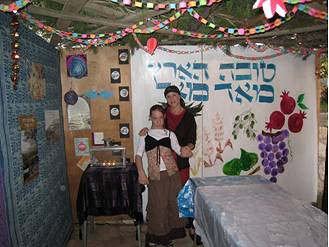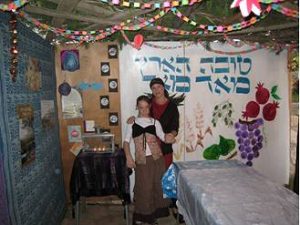Parashat Chayeh Sarah November 1, 2007
Abraham and Sarah, the founding “parents” of the Jewish people are the first in the world to sanctify G-d’s name. Living a complete life of chesed, loving kindness, doing goodness, their home being the source of happiness and warmth and bounty; they are constantly tested. Many obstacles in faith come up, whether it being told to leave their comfortable and familiar surroundings to a land that they did not know, or negotiating their release from captivity by various rulers, including the hardest trial of all- the offering up of their son as a sacrifice. Their steadfast belief, however, enables them to overcome all of their obstacles. Wherever they go, they galvanize the masses, and give the service of a five star hotel in their tent. Sarah laughs and Abraham waits upon his guests with a twinkle in his eye. “There is no despair in the world.” “ein yeush ba’olam” – as Rabbi Nachman of Breslov stresses.
Sodom and Amora are the illustration of societies that are steeped in wickedness. Not only do they not attend to wayfarers, are wicked to strangers, but they are an antithesis to any norms of the good of Abraham and Sarah. They are punished and nothing remains of them but fire, salt and brimstone, barely no continuity.
Chesed, loving kindness, is the life giving force that finally rewards Abraham and Sarah with a son, an heir and second stepping stone on the family tree of the Jewish people. Sarah passes on and Rivka is then brought to the tent. Again, the smell of bread baking, the sight of the candle burning and the light of G-d is in the world. In pairs, each partner in her/his distinct way transmits their unique heavenly message and purpose. They have a mission. They are taking hold of the Land.
While Abraham is more associated to movement and motion- “Go up to a Land that I will show you.”, “Go up to the Land of Moriah”, “and he ran to meet the guests”…while Sarah is linked to permanence, not moving from her place in the tent where she kneads the dough, prepares and laughs. Abraham buys her an “Achuzat Kever”- a permanent place of rest for her (where he later joins her).
The Land of Israel is acquired through two functions, each done by the role models in their line of duty. Abraham, “Koom lehithalech ba’aretz”, acquisition by walking the land, making contracts, buying places, while his analogous “co-worker, co-owner”, sits, or rather lays down and claims the land in her right, as it says, “Tzaddikim bemitatam nikraim chayim”- the righteous even after passing away are considered alive-. Chayeh Sarah, the LIFE of Sarah is the name of our chapter, She is buried in a permanent place in the Land of Israel, Chevron. But she lives on.
Shabbat Shalom,
Leah Goldsmith Itamar
